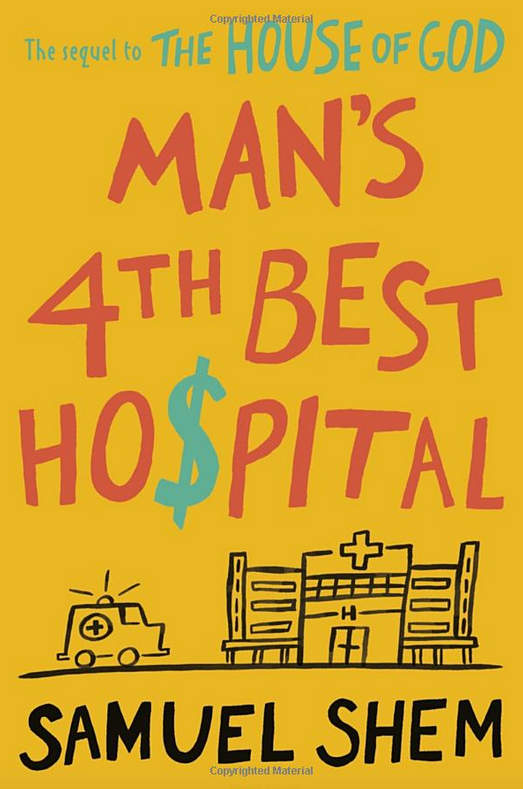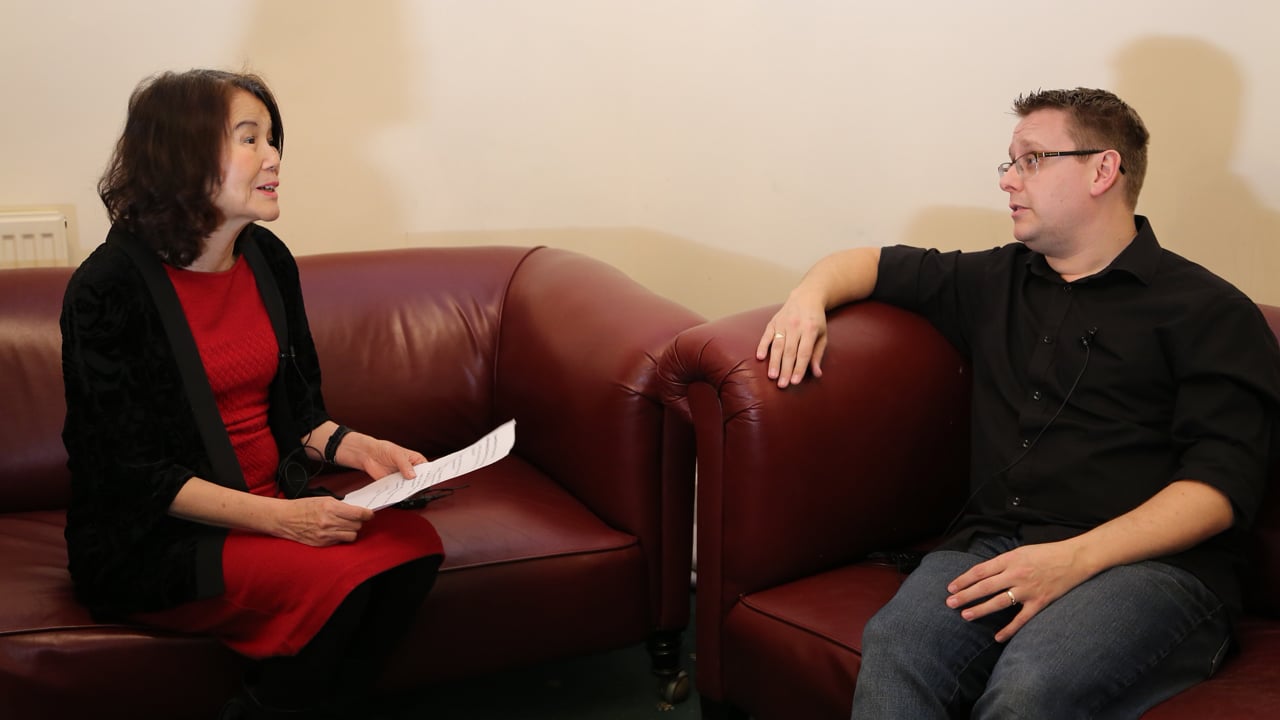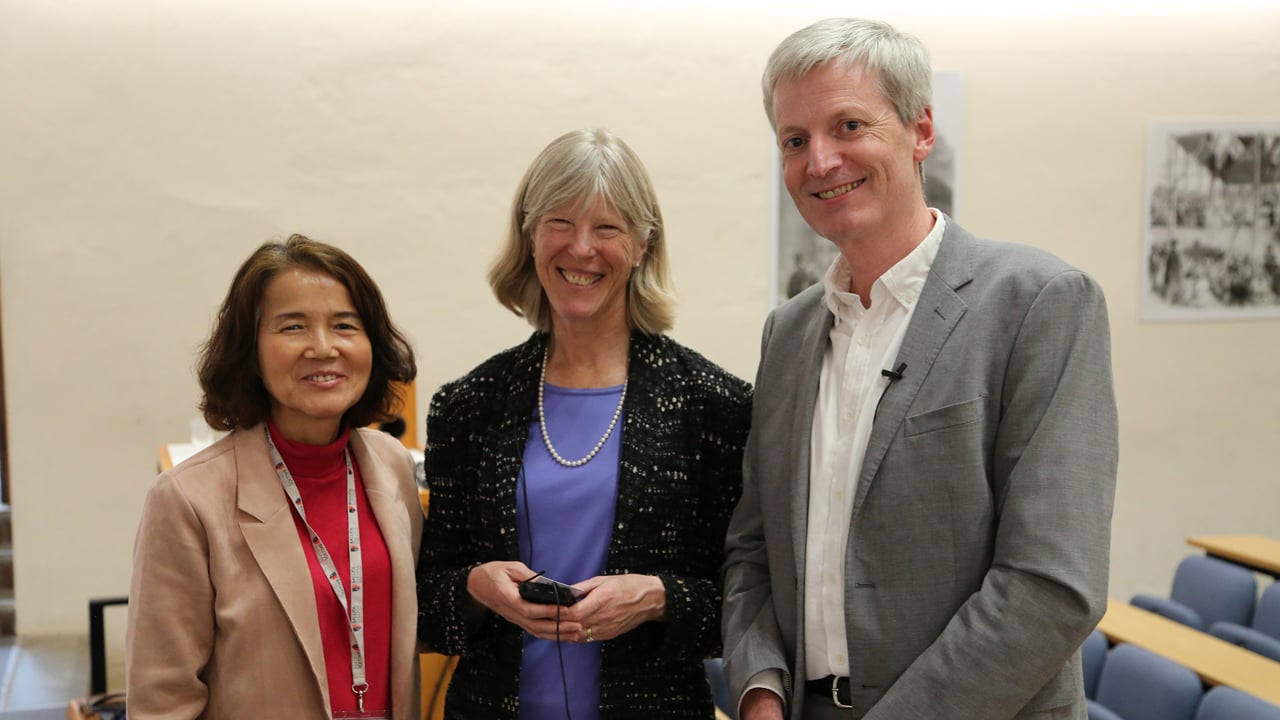
Voices from Oxford has just received this post from an alumnus, Samuel Shem, author of the best-seller The House of God, and its exciting new sequel Man’s 4th Best Hospital. His message below was addressed to medical staff in New York University hospital working on the front-line and therefore at risk themselves. It is a heart-warming message that captures the spirit of people in the UK when they come out to do the doorstep clapping appreciations. Posted by Denis Noble, FRS Hon FRCP.
This post is part of the VOX Coronavirus series of news items, including To Mask or Not to Mask (1 April) and The Three T’s Again– Test, Trace, Treat (3 April)
Why do we walk toward danger? Samuel Shem, M.D., Ph.D.[1] April 1 2020
I am stuck at home in Boston with my wife and dog, wishing I could be there with you to help.
“Why do we walk toward danger?” Treating hundreds of patients afflicted by this high-virulence pathogen is scary. Our contact with it can kill us. And we risk infecting our loved ones at home.
Six years ago when I first joined NYU Grossman, I decided to spend a night in the emergency ward. At three a.m. the man who was emptying the trash was not resentful of this job, but talking and laughing with the doctors and nurses. Strange. I soon saw that this “sense of service” starts at the top and permeates down through all of this 40,000-strong institution. I’d never been part of that before. The core, clearly, was not the “self,” but the “service.” Not the “I”, but the “we.” Again, the connection.
And that’s the reason we walk toward danger. And why so many health care workers from all over the USA are volunteering to come help us in New York. Yes, for sure this is part of our job, what we signed up for, our Hippocratic Oath. But a job and a signature and an oath sometimes cannot sustain us, especially when we are under great stress, when we feel that shock in our gut, of fear. We all have felt that shock. I’ve described it in The House of God, and Man’s 4th Best Hospital.
The antidote?
What brings out our best in horrific times is our connection with each other, our “being with.” The danger mobilizes our shared relationships and focuses our skill. In any of these good connections, we feel more energy, value and understanding of each other, more empowered to act, and a desire to connect again. We come out of these encounters more ready to “do the right thing” for patients, our team, and our selves. We might have felt that we could not go on for another minute, but then—in the connecting—our resilience and energy returns! Good connection makes good care.
Connection comes first. Of course there are always disconnects, but in a crisis it’s what we do next. Even saying, “We’re in a disconnect” is a connecting statement. If we hang in, it can lead to our better connection. And all good connections are mutual.
This is what keeps us going through hard times like these. Simply put, it’s a shift to the “We.” Working together under this pressure brings forth the “we”—and then the “we” strengthens the connection.
The only thing that I might do to help is to offer my presence. I can be reached through the NYU e-mail Stephen.Bergman@nyulangone.org And I offer all of you my gratitude.
[1] Samuel Shem is the pen-name of Stephen Bergman, Professor of Medicine in Medical Humanities, NYU Grossman Medical School, Rhodes Scholar at Balliol College 1966, D Phil Oxon)



